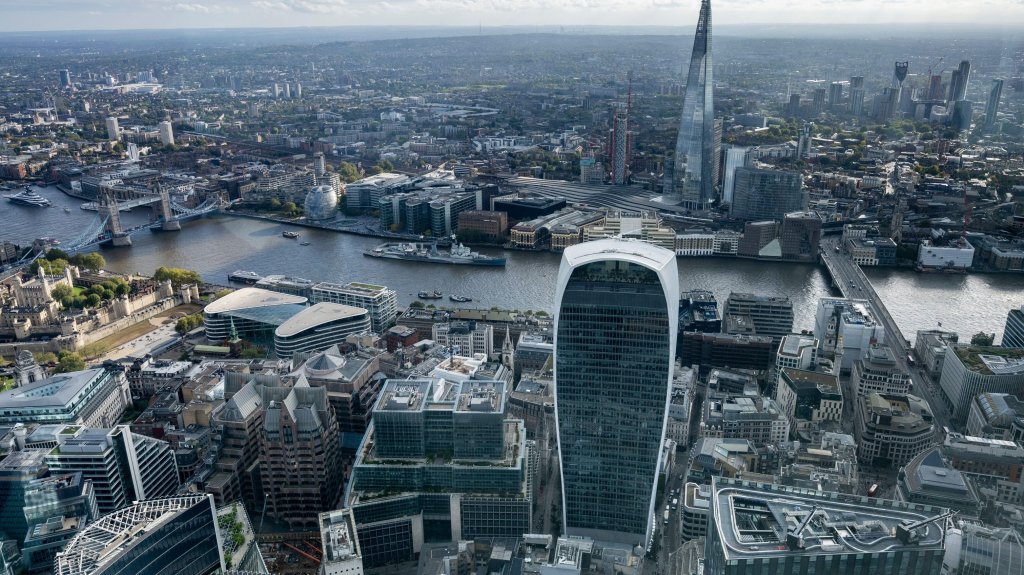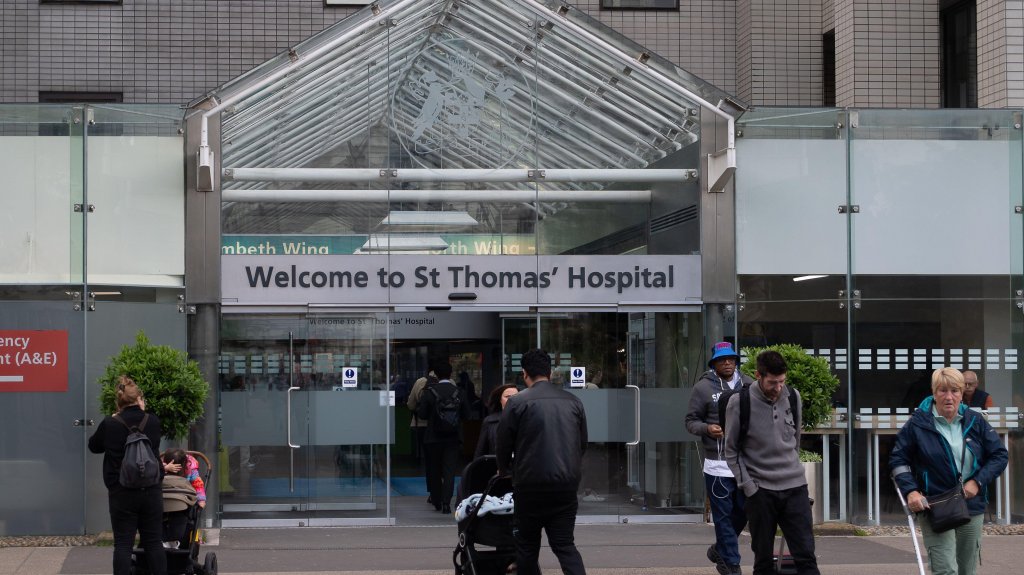UK Private Sector Growth Declines Amid Economic Concerns
Growth within the UK private sector has fallen to its lowest level in nearly a year, according to a recent survey indicating that ‘gloomy government rhetoric’ has affected business confidence.
The flash composite purchasing managers’ index (PMI) for October showed a decrease to 51.7, down from 52.6 the previous month, marking the weakest reading in 11 months. Although this figure remains above the critical 50-point mark that distinguishes growth from decline, it is notably lower than the forecast of 52.5 by City analysts.
The services sector experienced a slowdown in output growth, contributing to the overall decline. The services PMI fell to 51.8, also an 11-month low, down from 52.4 in September. Meanwhile, the manufacturing sector’s index slipped to 50.3, marking a six-month low compared to 51.5 in the previous month.
Chris Williamson, chief business economist at S&P Global Market Intelligence, commented, ‘Business activity growth has reached its lowest point in nearly a year this October, as negative government communication and uncertainty leading up to the budget have hindered business confidence and expenditure.’
He added, ‘Alarmingly, this decline in business confidence has led companies to reduce their workforce for the first time this year.’
Williamson further stated, ‘It is clear that the decisions made in the upcoming budget could significantly influence the economy’s trajectory in the following months.’
The PMI survey revealed that both businesses and consumers are taking a ‘wait-and-see’ approach regarding significant spending until they gain more certainty about the government’s tax and expenditure strategies.
Chancellor Rachel Reeves is anticipated to unveil a £40 billion fiscal tightening plan during the budget announcement next Wednesday, intended to balance a £22 billion ‘black hole’ in the national finances.
The survey also indicated that private sector employment decreased for the first time since December, while companies raised prices at the fastest rate since July. According to official data from the ONS, inflation rates fell to 1.7 percent in September.
Allan Monks from JP Morgan noted, ‘Our growth forecasts for the upcoming year are already modest, and the decline observed in the PMI, coupled with expected tax increases for the next year, makes us cautious.’
He emphasized, ‘Companies are maintaining profit margins by continuing to increase prices, reflecting the persistent inflation challenges faced by the Bank of England, even as growth begins to cool.’
In the Eurozone, the composite PMI remained in negative territory at 49.7 for October, slightly up from 49.6 in September, primarily due to a sharp contraction in manufacturing activity. Germany’s composite PMI improved to 48.4 from 47.5, while France’s PMI fell to 47.3 from 48.6, representing a nine-month low.




Publicar comentario